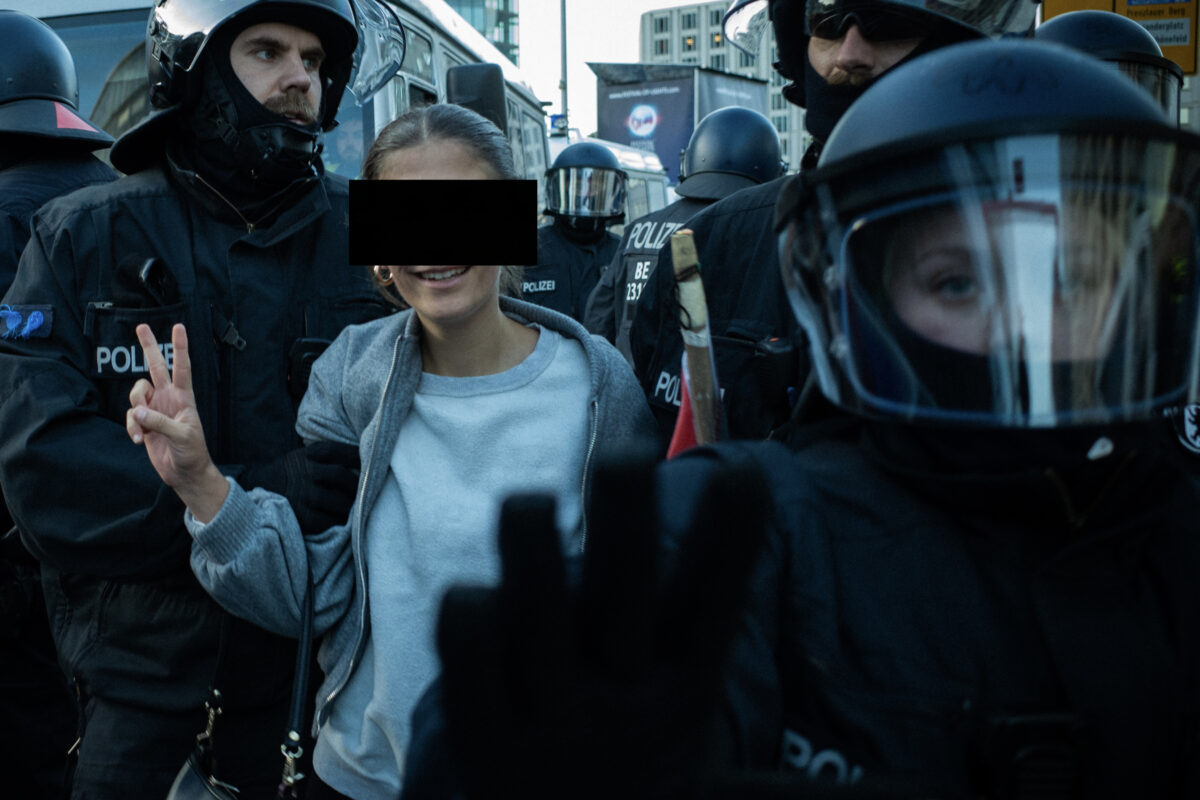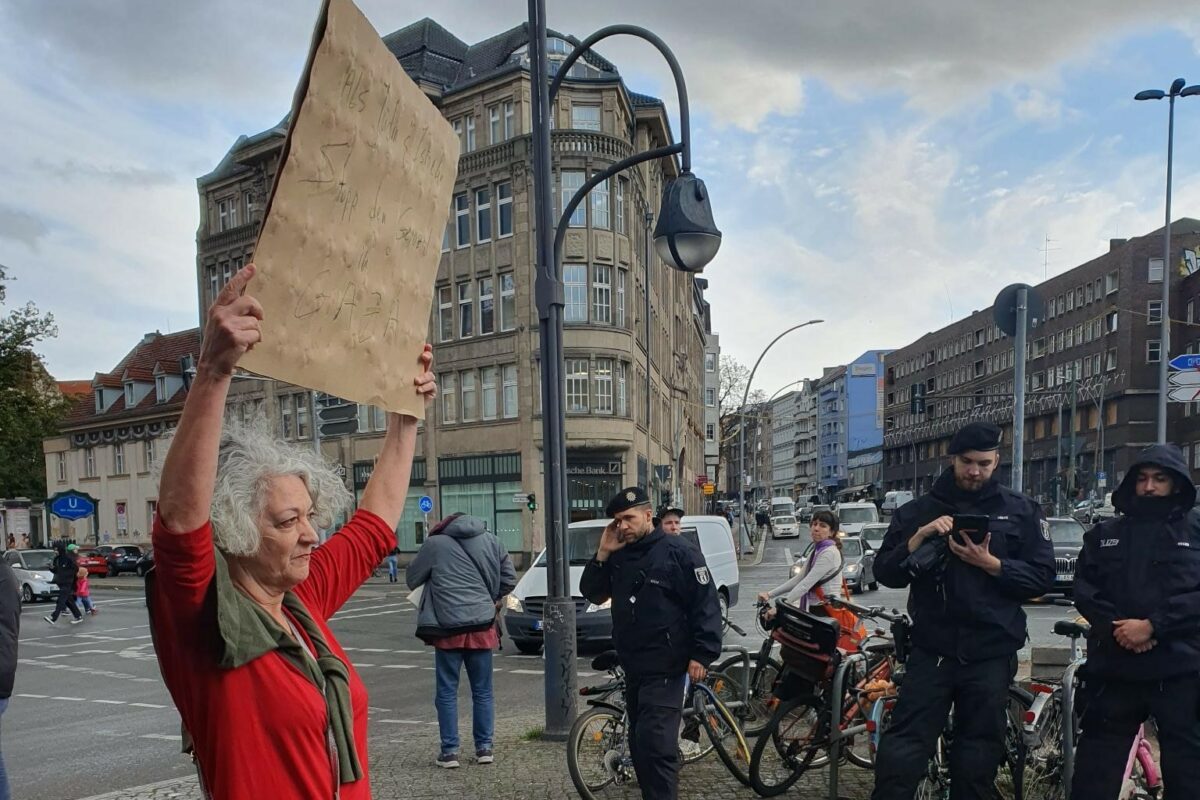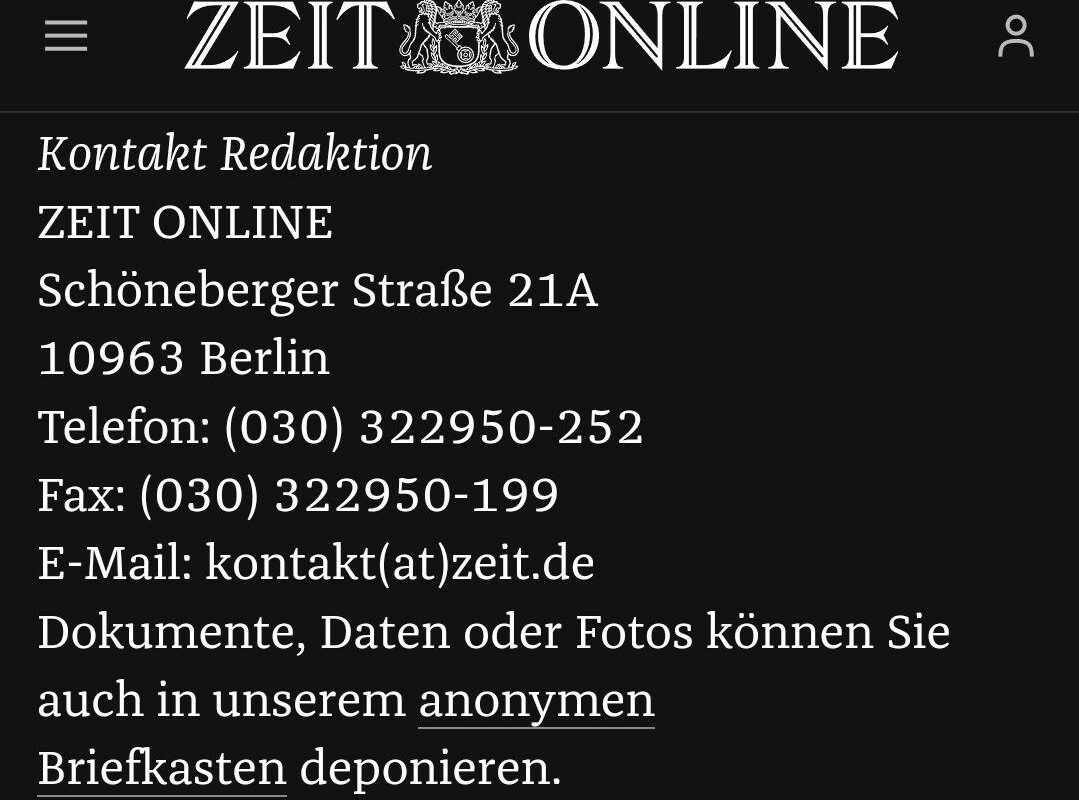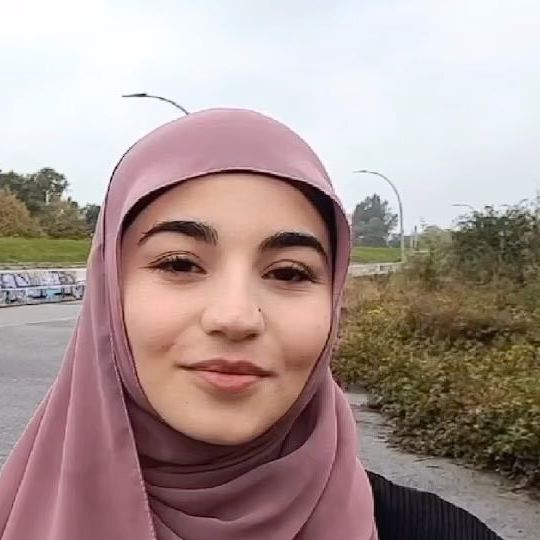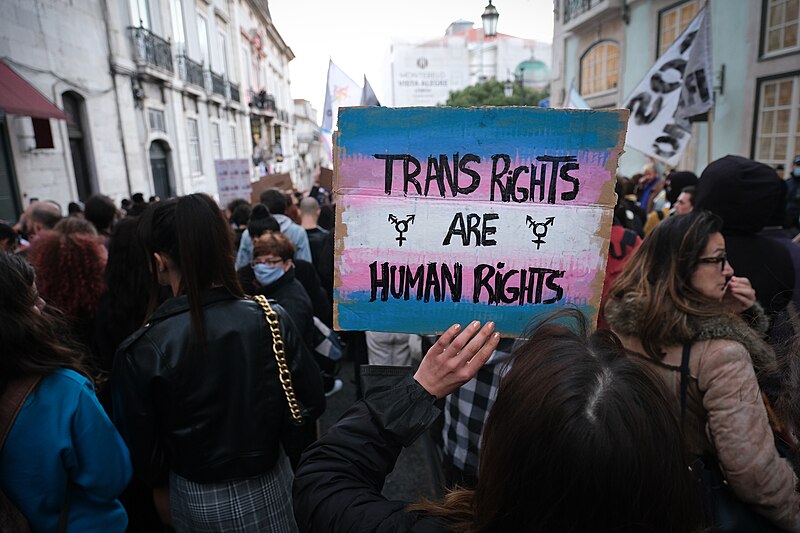Hi Iris. Thanks for talking to us. Could you start by saying a few words about who you are?
I’m Iris Hefets. I’m in Israeli and I’ve lived in Berlin since 2002. I work here as psychoanalyst, and I’m a member of the Jewish Voice for Peace in Germany. I used to be the chairperson, now I’m a board member.
We’re reading a lot of newspaper reports both in Germany and the international press about how difficult it is for Jews in Berlin, in particular Neukölln. What is your experience?
Well, my experience is that it’s not specifically difficult. Of course there is an interest to show that it’s difficult for Israelis here. But most Israelis in Berlin live either in Neukölln or Prenzlauer Berg. They go and live there, so I guess then it’s okay for them there. There is an article by Yossi Bartal, about Israelis in Neukölln which says more.
And Armin Langer’s book: A Jew in Neukölln.
By contrast, what’s life like for Muslims in Neukölln at the moment?
I’m not a Muslim. So you have to ask them, but I can say something about what I saw and heard in different channels. It’s difficult to be a Muslim in Germany now. There was a stereotype about Muslims after 9/11, and it’s propagated whenever there is some attack, like Israel’s attacks on Gaza, or Lebanon.
The Berlin Senate for Education and Family are telling children in schools that they are not allowed to wear accessories showing Muslim identity when they go to school, This is oppressive.
If you’re Muslim or another PoC, you’re not allowed to be what you are when it comes to Israel-Palestine. You have to be European, or German and being German means that you have to hold a set of tokens which have no meaning, like “Existenzrecht Israel”. You have to say these tokens, which have become hollow words, in order to have the right to say anything at all. If you’re a white German you are usually not supposed to say this. This is a racist practise. And it is also a kind of virtue signalling.
We are hearing reports of dozens of kids being arrested on Sonnenallee and of one child being hit by their teacher. What do you think is happening?
We have to understand this in the frame of the drift to the Right in Germany. German politicians don’t care about Israel, otherwise they would change their policy and not give us more of the same. The situation in Israel is only getting worse. If Germans really cared about the lives of Israelis and Jews they would do something else.
German foreign policy is just saying something flat like “Deutsches Staatsräson”, which is actually a term from Prussian times. This tells us what kind of regression we have here in Germany.
If we add up the votes for right wing parties in Germany – the AfD, the CDU and the Freie Wähler – they are are the majority, and we see how taboos are being broken. A few years ago there would be no cooperation between the CDU and the AfD. There is now.
This goes even beyond the right wing parties. All parties within the Bundestag have been using the slogan “I stand with Israel”.
All the parties are drifting to the right. Look at asylum politics. Instead of showing some resistance and saying no, we are not cooperating with right wing policies, the parties of the Left try to imitate them. This is a failure because if someone wants to vote for something, then they’ll choose the original. Why vote SPD if you can vote AfD?
We’re partly talking today about your personal little act of resistance. A video of your one woman action on Hermannplatz has just gone viral. A friend in Norway just posted it. Can you say what you did and why?
The Jewish Voice for Peace demanded a demonstration on Oranienplatz last Saturday. This was rejected because there is a prohibition on assemblies in Berlin. This is frightening because we’re talking about democratic rights being limited. The right wing drift I was talking about is not only about Palestine and terrorism. After this there will be something else.
Freedom of speech is being limited in Germany. 15-20 years ago when I came, I could say anything. And no German told me that I’m an antisemite. There are more and more restrictions. We are being watched more and more by different institutions.
I asked friends who are legal professionals, if a demonstration is not allowed, can I stand alone with a sign? They told me “absolutely you can”. It’s controversial, whether two or three people make an assembly, but one person is not an assembly according to German constitution.
But it was also clear to me that we are now in times where the German constitution is no longer the standard. I know this from Israel. Israel has been under a state of emergency since 1948, which is prolonged every year. If you classify something as terrorism, you are allowed to do whatever you like.
It was important for me to do my action in Neukölln, because I work in Neukölln. I have many friends who live there – Israelis, family members, Jews, Palestinians, whoever. Whatever you want you can find in Neukölln.
I was shocked to see how empty Hermannplatz has become since the police have had a presence there. It reminded me of the square near Nablus Gate in East Jerusalem. Paramilitaries are so present there suppressing Palestinians that it become a dead place until Palestinians reconquered it around Ramadan.
This is what Berlin is also going through. It’s a revival of the time before the Nazi era. We’re going back to Bismarck, including the architecture. For example Karstadt is going to be demolished and they want a building that existed there before the war. Germans think the Nazi era was worked through and now they want to go back to business as usual. And we know what can happen when Germans go back to business as usual.
So, you’re stood on Hermannplatz opposite Karstadt holding a sign. What did the sign say by the way?
On one side I wrote in German” Als Israeli und Jüdin: Stoppt den Genozid in Gaza”. On the other side, there was the same in English “As an Israeli and a Jew: Stop the genocide in Gaza”. But what was written on the sign didn’t disturb them.
How did the police react at first?
They came immediately to me, and asked me to take the sign down. So I asked them why. They told me that it’s forbidden, so I started to argue and say that according to the German constitution, I’m one person, I’m allowed to be here. They said it doesn’t matter what’s on the sign, I’m just not allowed.
Then they said it’s an assembly because other people were there, and I said “well they only came because you came”. I said I can ask people not to stand next to me. Just tell me what is the distance? They said I’m arguing too much and I had to come with them.
They took me to the police car and they put me in a closed cell, with a camera directed on me from the ceiling. I had my mobile phone and rang my lawyer, and he said he’s on his way. They didn’t do anything with me. They just waited for people to go.
Then they returned and asked me to clarify my identity so I gave them my Israeli passport. They came back and told me “ok, but it’s forbidden to do pro-Palestinian demonstrations”. So I told him that I’m an Israeli and what I’m doing is a pro-Israeli protest. It’s important for me, because my family lives in the South of Israel, and if Israel is going to continue committing genocide in Gaza we are close to the end.
They couldn’t say anything against this, But we could hear a Palestinian who had also been arrested and they told me that these people are barbaric, I told them, as a psychotherapist, exerting and being exposed to these amounts of violence is not a good job for their psyche. According to my experience and the literature, it can cause anxiety disorders, panic attacks and erection problems.
So the male policeman laughed, and said “I like you. You remind me of the mother of one of my friends“. When they heard I am Israeli, I got sympathy. Because I’m a Jew, I’m not a young woman, it’s a problem for them if they hurt a Jew. It’s still important. They have some unease. The policemen told me, it is for my security, that they want me not to stand there. I told them, if it is not secure, they have to take care that it will be and not to prevent me from fulfilling my basic constitutional rights.
So they came back and said they’d cleared the issue, that I’m right and they are sorry. I still wasn’t allowed to stand in the middle of the square. They would escort me to a corner, which was actually much better as the people who came out of the U-Bahn station also saw me.
I stood there for 1½ hours. I got many supportive reactions. Many people hugged me and said it is good that I’m saying that because nobody’s allowed to talk today about it freely in Germany. It was a wide range – people from Japan, people from Egypt, a white German who told me that his wife is Egyptian and she’s really scared to go on the streets now in Berlin.
I did it again the day after. Two policemen stayed near me. There were people who wanted to stand next to me in kuffiyehs and Palestinian flags, but I told them we’re not allowed to because then it’s an assembly, so I had to stand alone.
Did you experience any hostility?
Only from the police.
Today it was announced that demonstrations will be banned for the next few weeks, but demonstrations were being banned anyway at short notice. What do we need to do?
We need more actions like this, particularly by White Germans, people who have passports. We should not be silenced. There is a genocide going on now in the Gaza strip. Actions like this are a symbol for the liberation struggle. It’s an uprising against the right wing In Germany.
In social media, things that we are translating from Hebrew and English into German are going viral. We are reaching so many people. There is a very big gap in Germany between what the politicians are deciding, the press is propagating and what the people think. There would not have been the need to suppress people If there wasn’t a force coming from below.
Identification with Israel is identification with a colonial racist ethnocratic neoliberal state with an apartheid policy, Israel was exposed on Saturday the 7.10.23 as a failed state. It was not only a military collapse, it was a failure of the state to supply food to hospitals, transport and armoury to soldiers. All that was done through the initiative of Jewish Israelis, that was organized in social media.
There is hype about all this good eating, but in the hospitals in Ashkelon in South Israel there is no longer any food. The state is not functioning at all and my colleague psychotherapists are going to the people, who were evacuated from the in the south of Israel, trying support them emotionally, with no real organization.
Israel has an army which is not providing its soldiers with elementary needs. The neoliberal logic says: do not invest for the future now, do not store things, as that can cause financial loss. The failure of a society that disavows reality on many levels was seen in a horrible way on that awful Saturday.
People reading this interview are seeing the bombing of Gaza. Hospitals in Gaza are being bombed or having to close because they have no electricity. But there’s also increasing repression in Berlin. How can we resist this?
I, of course, am for BDS. Palestinians have been leading a non-violent struggle which Germany has actively opposed. The balance of forces means that the German state won’t sanction Israel but people have to boycott Israel privately. If you go on a cruise to Tel Aviv, there is an iceberg which you will hit.
It’s no longer relevant if goods are from the settlements or not. Every Israeli product has to be boycotted. It’s not that this is not done, but many boycotts are made privately. People are afraid of BDS. Israeli must see that there is a price to what they are doing, so that it will be harder for them to neglect reality. Only then will it be possible to have a change which is not that bloody.
We must cooperate more with the Global South. Events like the World Cup in Qatar were a clear sign that people in these countries are not connected with their leaders. The Moroccan team supported Palestine, as well as fans from Japan and South America.
I hope things will be different this time, as there are many more non-White people in Germany. I understand that they are afraid and that Germany is threatening them. It is the time for White Germans to say something.
We can forget about the political parties. I don’t know what Is left from the Left. Maybe the people on the lower levels are better than the leaders, but it’s not Left. The fact that anti-BDS resolutions, i.e. anti-non-violent struggle, get support from the Left to the AfD shows everything.
It’s the time for White Germans to stand up, to talk, and to move – together with PoCs like us – the mainstream to another place.
